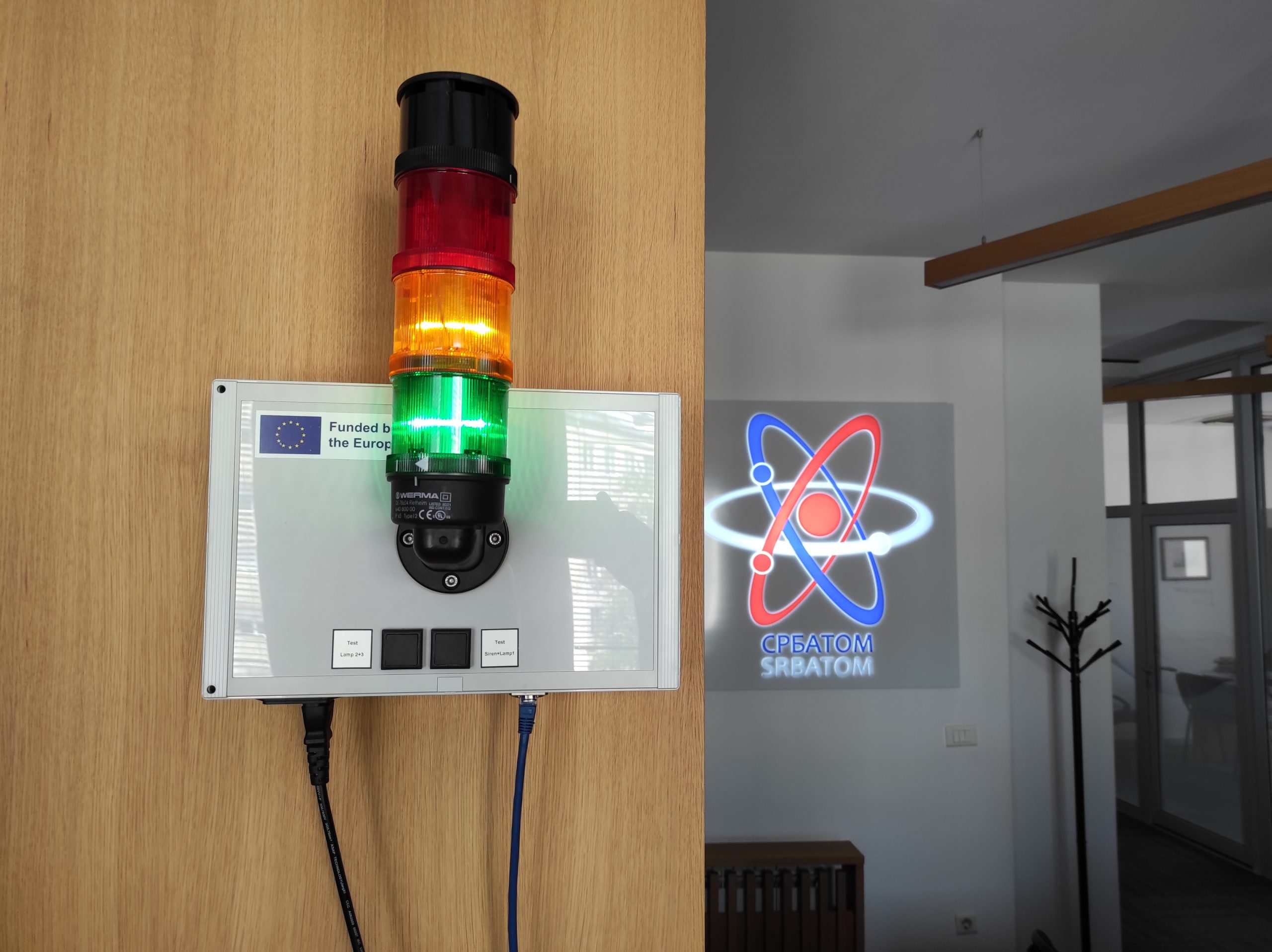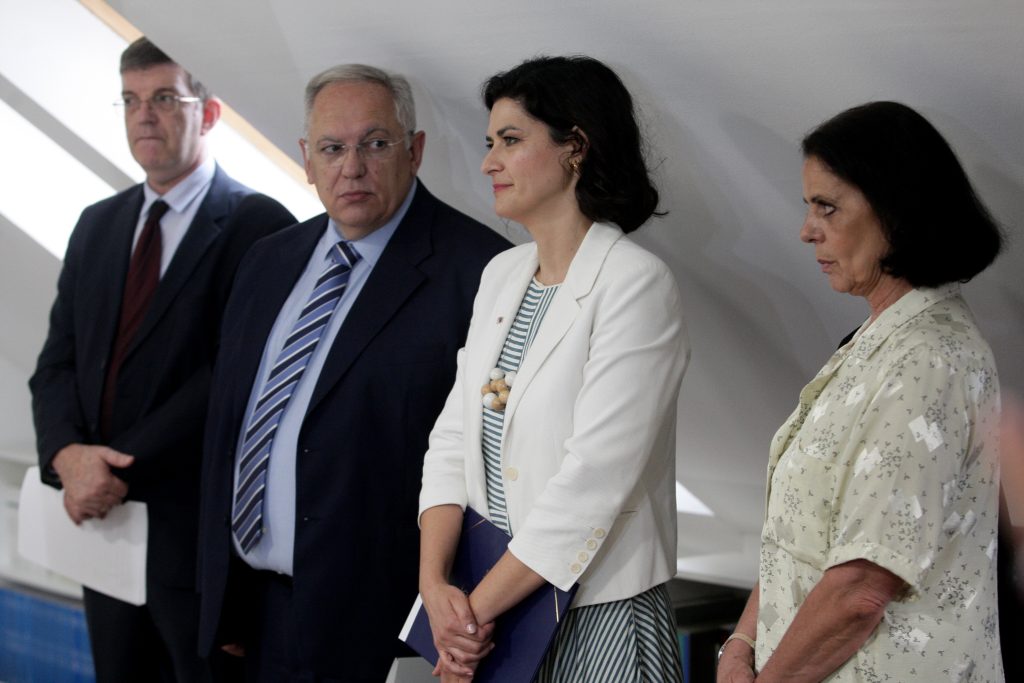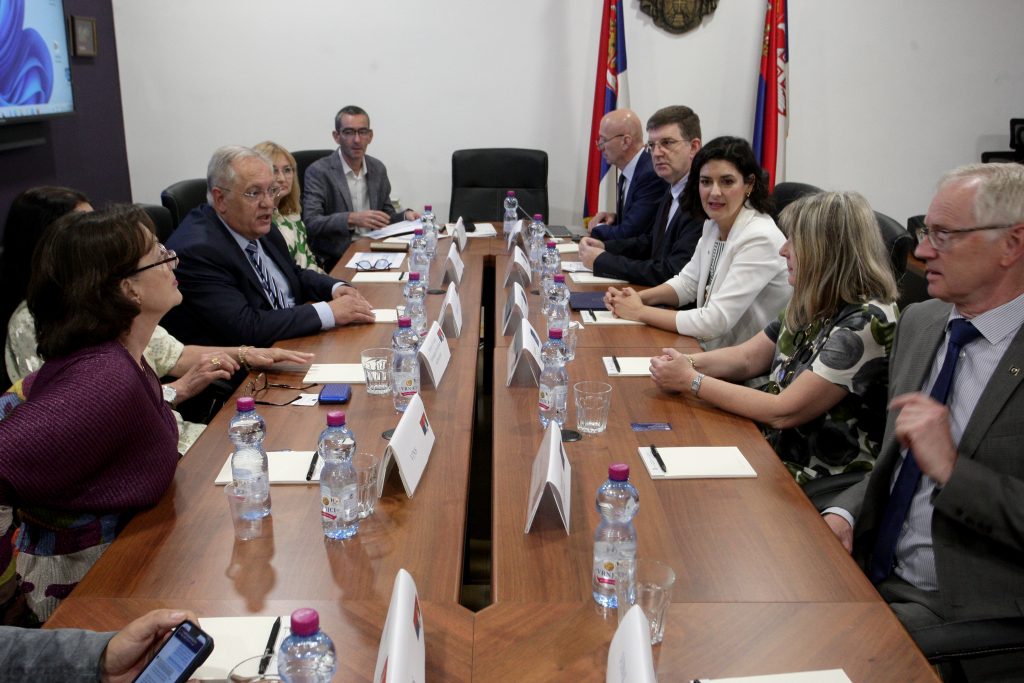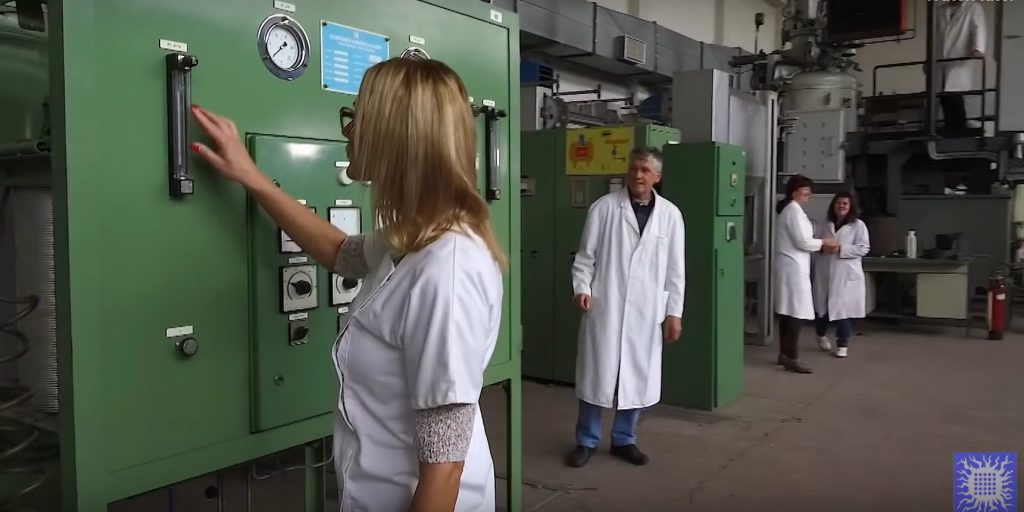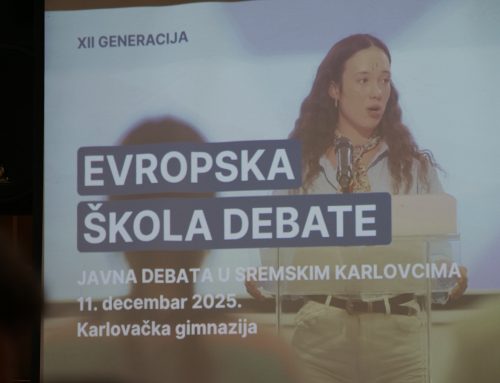The radiation and nuclear safety of all citizens are under the jurisdiction of the Government of the Republic of Serbia, but steadfast expert and material support from the European Union is not lacking. Significant projects in this field have been successfully completed, affirming the need for continued cooperation and assistance.
At today’s presentation of the EU project “Support to the Regulatory Body of Serbia and the Vinča Site” at the premises of the Serbian Radiation and Nuclear Safety and Security Directorate (SRBATOM), representatives from the EU Delegation, Ministry of Education, Science and Technological Development, as well as end-users of the project, including the Serbian Radiation and Nuclear Safety and Security Directorate (SRBATOM), representatives from the Nuclear Facilities Serbia and the Institute for Nuclear Sciences “Vinča” were present.
„The EU is committed to maintaining high environmental standards. Safe management of nuclear materials is therefore crucial to preventing environmental contamination, thereby preserving our ecosystems and biodiversity“, underlined Plamena Halacheva, Deputy Head of Delegation of the EU to Serbia.
„Since 2002, the EU has provided assistance to Serbia in the nuclear safety area of more than EUR 20 million in total under IPA and EU’s Instrument for Nuclear Safety Cooperation (INSC). Serbia is encouraged to continue its close cooperation with the EU in promoting global nuclear safety under this Instrument.“, Halacheva added.
„This project, worth EUR 2 million, is financed through the European Union’s Instrument for Nuclear Safety Cooperation. Its main objective is to address some of the key challenges Serbia currently faces in the EU accession process. Through the project, we have enhanced capacities in radiation safety and safe management of radioactive waste. I wish for all of us that our cooperation in this field continues on an upward trajectory,“ stated Slađan Velinov, Director of the Serbian Radiation and Nuclear Safety and Security Directorate.
“My colleagues from Vinča had the privilege to learn things that were previously inaccessible to them. I believe this will lead to fruitful collaboration in the future – for new experiences and upcoming projects. I would like to express my gratitude for the trust placed in us, especially to the European Union and all those who promote these important topics,” stated Slavko Dimović, Assistant Director of the Institute for Nuclear Sciences “Vinča”.
The project “Support to the Regulatory Body of Serbia and the Vinča Site” focused on addressing key challenges relevant to Serbia’s EU accession process. This includes further transposition of EU legal framework in radiation protection and nuclear safety, as well as enhancing SRBATOM’s capacities and capabilities for conducting oversight related to radiation protection, nuclear safety, and radioactive waste management. Additionally, assistance was provided in the decommissioning and restoration of selected facilities.
The European Commission, through its Instrument for Nuclear Safety Cooperation (INSC) 2014 – 2020, supports the promotion of nuclear safety culture and radiation protection, the safe management of spent nuclear fuel and radioactive waste, and the implementation of effective and efficient measures for safeguarding nuclear materials in non-EU countries.
Nuclear security and nuclear safety are critically important for the European Union. Ensuring that nuclear materials are securely managed and that nuclear facilities operate safely is essential to protecting the health and safety of all citizens, allowing everyone to safely benefit from the nuclear energy. In 1957 two treaties were signed: the Treaty establishing the European Economic Community (EEC) and the Treaty establishing the European Atomic Energy Community (Euratom). The main aims of the Euratom Treaty are: to promote research and set uniform safety standards, to facilitate research and to ensure that civil nuclear materials are not diverted to other uses, particularly military.
The European Union is the largest donor to Serbia in the energy sector. Over the past decade, the EU has provided more than EUR 600 million in grants for Serbia’s energy sector. In Serbia, the EU finances projects aimed at security of supply, diversification of sources and directions of energy supply, market liberalization and improvement of energy efficiency.
Read more:
Kostolac – From Coal to Wind Power
Green wave of energy support – reconstruction of HPP Bistrica

